Hours after British Prime Minister Keir Starmer said he was prepared to send British soldiers to Ukraine to ensure security in Europe, Germany and Norway have come out together terming the statement as premature, While Sweden advocated for a fair negotiation and sustainable peace that respects international law.
Ukraine peacekeeping talks ‘premature’: Berlin
Germany said Monday it was “premature” to discuss sending its troops to war-torn Ukraine as part of any potential peacekeeping force after Britain declared it was ready for such a move.
“We have repeatedly stated that, first of all, we have to wait and see whether and how peace will hopefully emerge for Ukraine,” German deputy government spokeswoman Christiane Hoffmann told reporters in Berlin.
“Then we will be able to talk about the conditions and how this can be implemented,” she said, adding it was “premature to discuss (sending troops) at the present time”.
A German foreign ministry spokesman said it was “not a bad thing” there was direct contact between the Russians and Americans but called for the talks to focus on “finding a way to a durable and lasting peace”.
He also stressed Europe should be involved in peace talks, and said he believed they ultimately would be.
“Peace talks without Europe ultimately make no sense at all, because many of the elements are in Europe’s hands,” he said, listing sanctions, frozen assets and security guarantees.
Hoffmann confirmed German Chancellor Olaf Scholz would be at Monday’s talks in Paris, but downplayed the chances of any swift decisions.
“We should perhaps not expect any concrete decisions now,” she said, while adding it was clear the Europeans had to agree on a “common approach and a common position in this new situation”.
Sweden considers peacekeeping role in Ukraine
Sweden said Monday it would not rule out sending peacekeeping troops to Ukraine if necessary, after British Prime Minister Keir Starmer said he was ready to deploy troops.
“We must first now negotiate a fair and sustainable peace that respects international law, that respects Ukraine and that ensures above all else that Russia can’t just withdraw and regroup and attack Ukraine or another country within a few years,” Swedish Foreign Minister Maria Malmer Stenergard told public radio Sveriges Radio.
“When we have such a peace in place, it will need to be maintained and for that our government is not ruling out anything,” she said.
The prime minister of neighbouring Norway, Jonas Gahr Store, said “the time has not yet come” to discuss putting troops on the ground.
“It is not yet time to draw any conclusions about how a security guarantee should be formulated and the kind of contributions to be made,” he told public radio NRK.
Trump fan Tusk says Poland won’t send its troops to Ukraine for peacekeeping
Prime Minister Donald Tusk on Monday said Poland was not planning to send troops to Ukraine to ensure security but instead provide financial and military aid to the war-torn country.
“When it comes to Poland’s support, the matter is settled… We are not planning to send Polish troops to Ukrainian territory,” Tusk told reporters, before flying to Paris for a gathering of European leaders devoted to security and Ukraine.
‘Peace is still far off’
Spain’s foreign minister, Jose Manuel Albares, said however that while it was necessary for Europeans to meet and prepare decisions, “nobody is currently planning to send troops to Ukraine, especially because peace is still far off”.
Ukrainian President Volodymyr Zelensky had on Saturday called for the creation of a European army, arguing the continent could no longer count on Washington.
Meanwhile, Hungary, whose Prime Minister Viktor Orban is close to both Trump and Putin, said that Monday’s conference was an effort to “prevent” peace.
“Today, in Paris, pro-war, anti-Trump, frustrated European leaders are gathering to prevent a peace agreement in Ukraine,” said Foreign Minister Peter Szijjarto.
European leaders meet on response to US shift on Ukraine
European leaders were due to meet in Paris on Monday to address Washington’s shock policy shift on the war in Ukraine, as Britain declared itself ready to dispatch peacekeeping troops to Ukraine.
US President Donald Trump sidelined Kyiv and its European backers last week when he called his Russian counterpart Vladimir Putin to talk about starting negotiations to end the conflict.
The hastily convened informal summit of European leaders set to start at 4:00 pm (1500 GMT) comes after Trump said he could meet Putin “very soon”.
Hosted by President Emmanuel Macron at the Elysee palace, the meeting will gather the leaders of France, Germany, Britain, Italy, Poland, Spain, the Netherlands and Denmark, as well as the heads of the European Council, the European Commission and NATO.
Russia, US officials to meet in Saudi Arabia
Top US and Russian diplomats will meet in Saudi Arabia Tuesday for talks aimed at ending the Ukraine war – in a meeting Kyiv was not invited to and as Europe reels from Washington’s dramatic change in policy towards Moscow.
It will be the first meeting between senior representatives of both countries since Moscow invaded Ukraine in February 2022.
Possible Trump-Putin summit
The two sides would also discuss “possible negotiations on a Ukrainian resolution, and organising a meeting between the two presidents,” Kremlin spokesman Dmitry Peskov told reporters.
Moscow has made clear it wants to hold bilateral talks with the United States on a plethora of broad security issues, rather than just talks over a possible Ukraine ceasefire.
Russia has repeatedly blasted NATO’s presence in central and eastern Europe and before it launched its full-scale military offensive was demanding the military alliance pull its troops, equipment and bases out of several eastern members that were under Moscow’s sphere of influence during the Cold War.
The prospects of any talks leading to an agreement to halt the Ukraine fighting are unclear.
Both Kyiv and Moscow have ruled out territorial concessions and Putin last year demanded Ukraine withdraw its troops from even more territory across its east and south as a precondition for opening talks.
Zelenskyy’s Saudi visit
Zelensky will travel to Saudi Arabia a day later for a “long-planed” visit, though has said he does not plan to hold talks with either the US or Russian officials, his spokesman said Monday.
He said last week he was prepared to meet Putin directly, but only after Kyiv and its allies had developed a common position on a roadmap to end the war.
Ahead of his visit to Riyadh, Russia’s Lavrov said Moscow was not prepared to cede land and said he saw no point in other European countries taking part in talks.
“I don’t know what they would do at the negotiating table… if they are going to sit at the negotiating table with the aim of continuing war, then why invite them there?,” Lavrov told a press conference in Moscow.
European Commission to visit Ukraine
The European Commission said on Monday its top team would visit Ukraine on the third anniversary of Russia’s invasion – a show of support after Washington offered truce talks to Moscow.
The visit next week by commission president Ursula von der Leyen and other senior officials was announced as key European leaders prepared to hold talks in Paris to address Washington’s shock policy shift.
“Next week, on the occasion of the third anniversary of the war of aggression against Ukraine, there will be a college visit to the country,” a commission spokesman told a press conference in Brussels.
With inputs from AFP


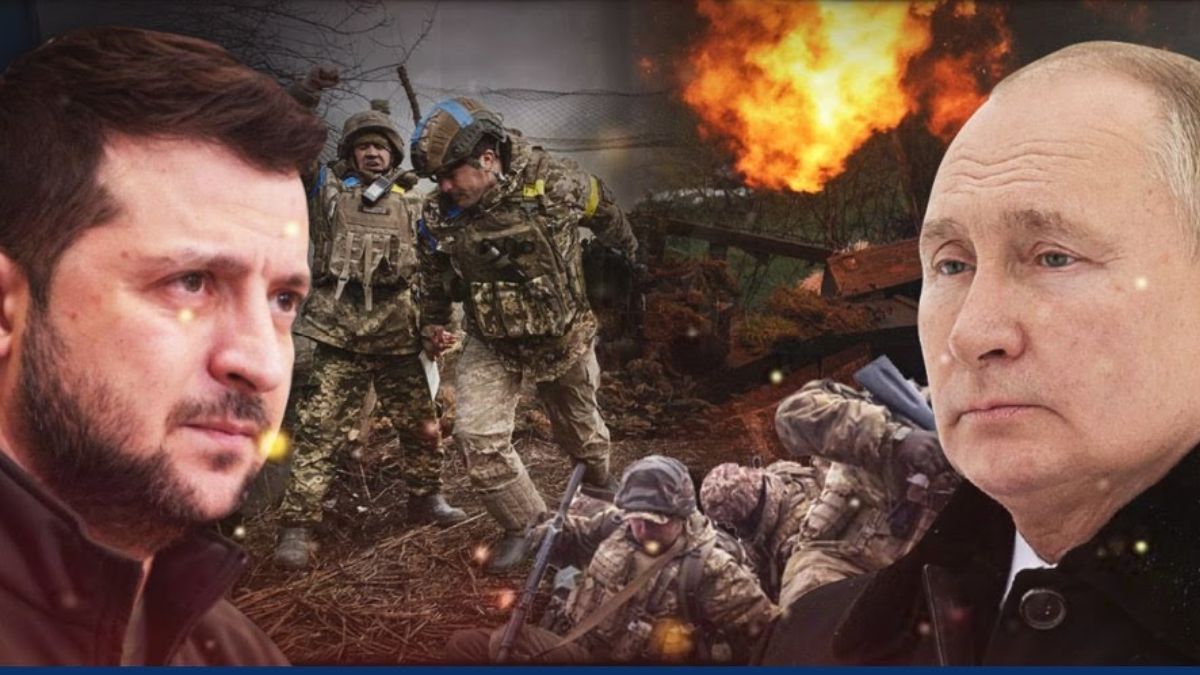)
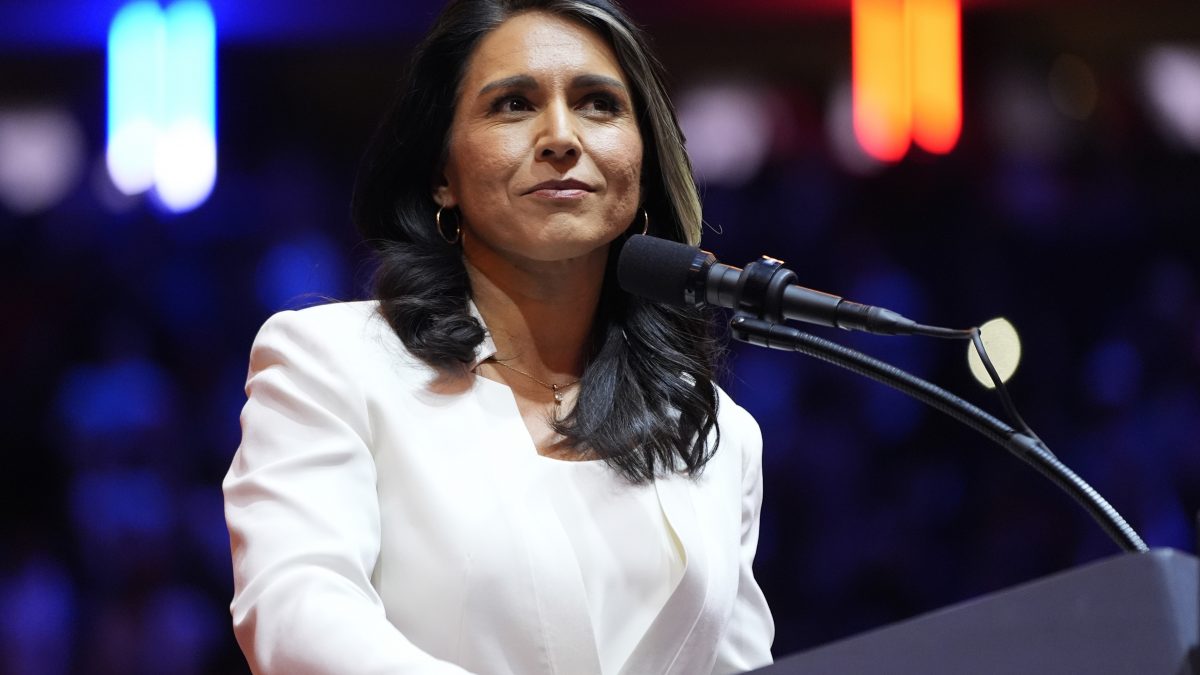)
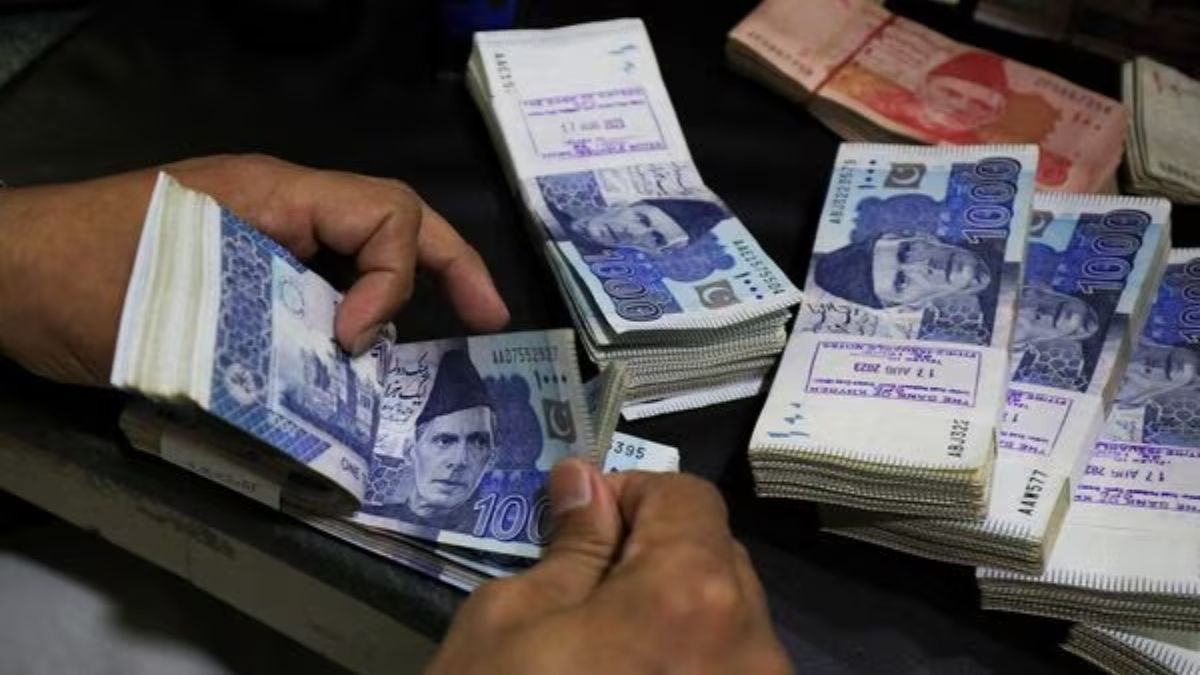)
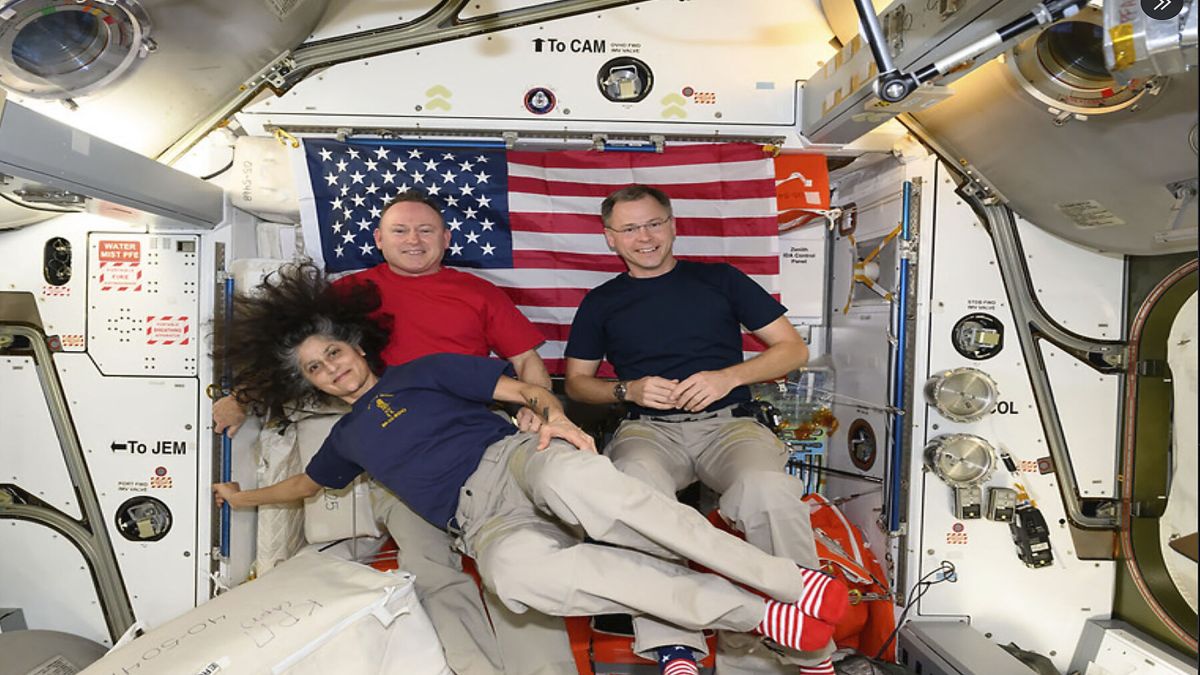)
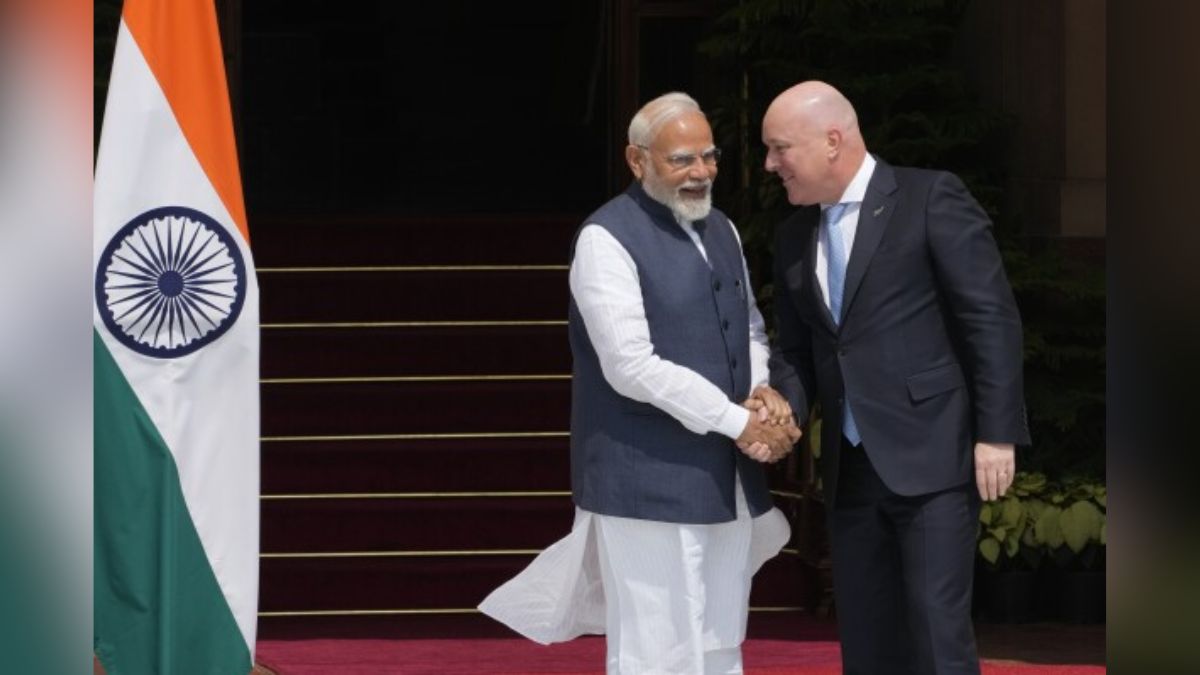)
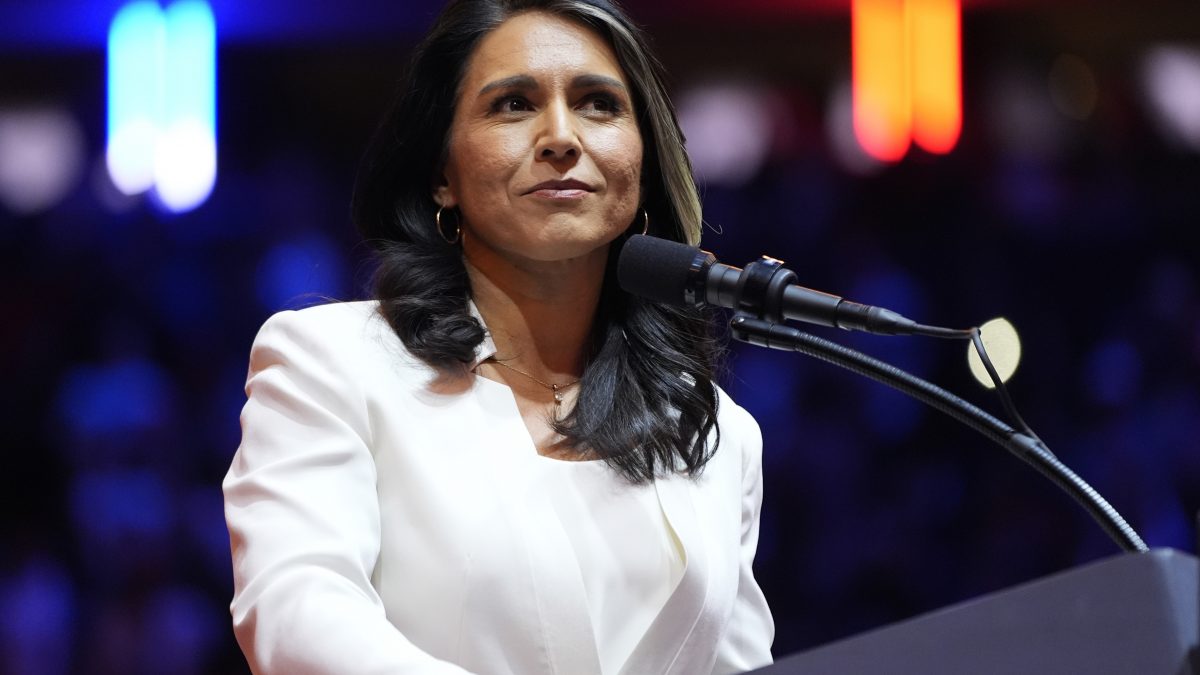)
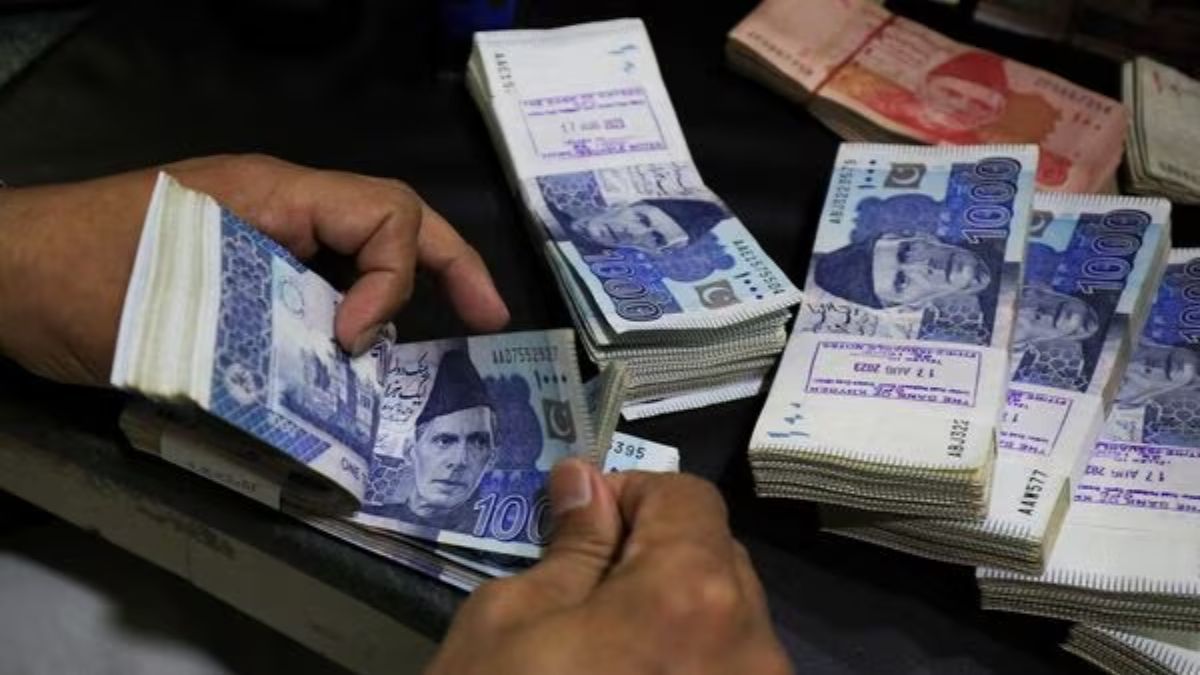)
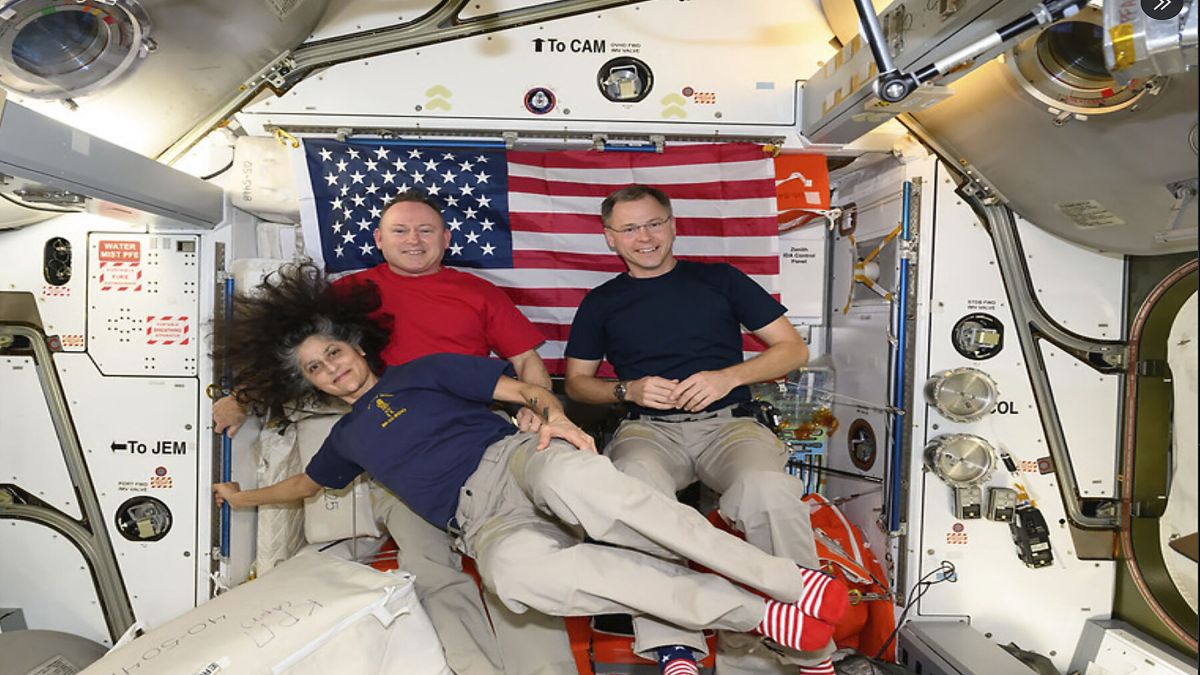)
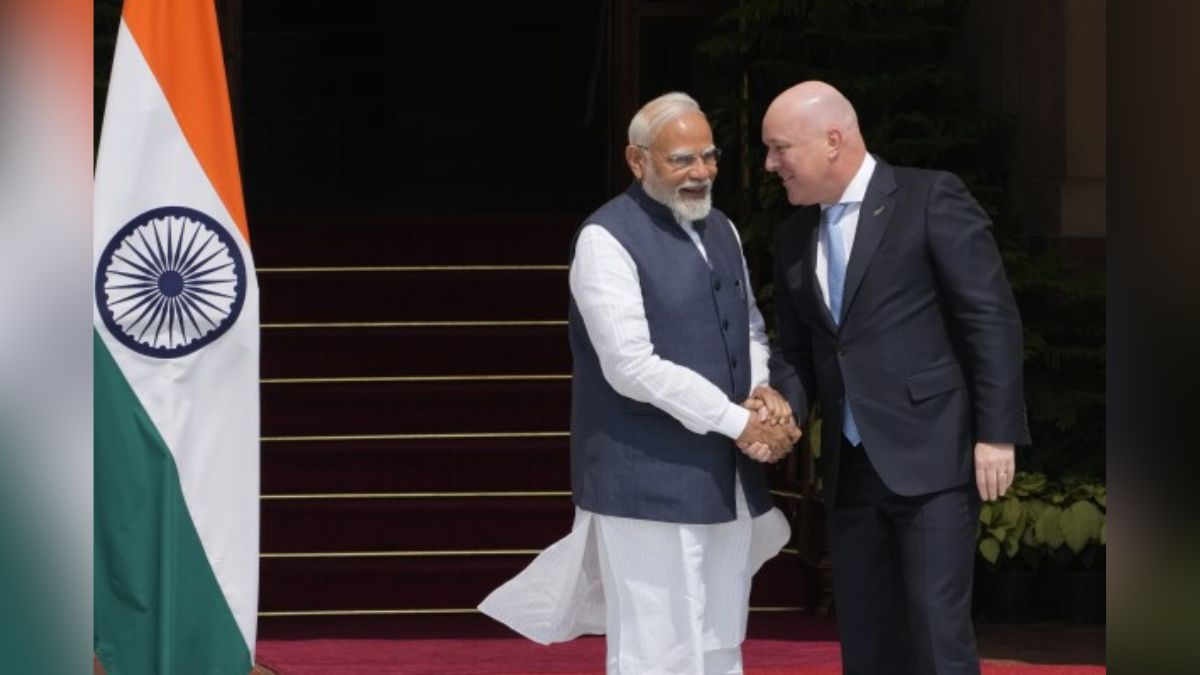)



